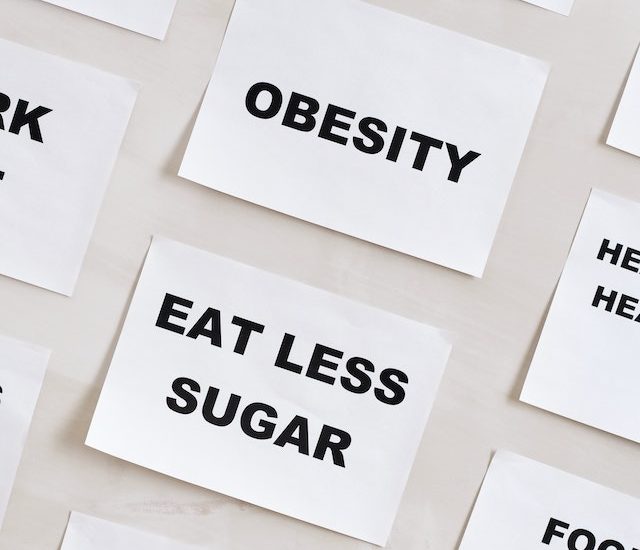Kids and Concussions: Early Return to School May Boost Recovery
If you have a kid who plays a sport that puts them at a higher risk for head injuries, you may already know that traditionally, best practices for treating a child’s concussion were restricting both physical and cognitive activity. But new findings published in the February 7, 2024 issue of the British Journal of Sports Medicine indicate that return to school early may actually speed up recovery.
New Concussion Research
The new study, which was conducted by experts in Nationwide Children’s Center for Injury Research and Policy, evaluated adolescents between the ages of 11 and 17 who had a physician-confirmed concussion diagnosis within 72 hours of the injury. Among the enrolled participants:
• The mean age was 14.2
• 65% were male
• 72% were white
• 84% sustained their concussion during sports
All enrolled participants were followed daily until either symptom resolution or a maximum of 45 days. During that time, researchers recorded the subjects’ daily cognitive activity—both for duration and intensity—and post-concussion symptom scores. The average daily cognitive activity post-concussion (while still being symptomatic) for participants was:
• 191 minutes of low-intensity daily cognitive activity
• 166 minutes of moderate-intensity daily cognitive activity
• 38 minutes of high-intensity daily cognitive activity
Every 10 standardized minutes-per-hour increase in moderate-intensity or high-intensity cognitive activity post-concussion was associated with a 22% greater rate of symptom resolution. Conversely, each extra day’s delay in returning to school was associated with an 8% lower rate of symptom resolution.
The average time children returned to school after their concussion was nearly seven days, although students whose return to school was delayed took longer to see their symptoms resolve.
Although previous clinical guidelines for youth with concussions typically included complete mental and physical rest until symptoms resolved, more recent clinical and experimental data had shown that these recommendations did little improve functional outcomes. In addition, the isolation and withdrawal associated with prolonged rest may create unintended educational, social, and physical consequences.
“Increased time spent in the classroom, participating in some afterschool activities or working a job was associated in our study with faster symptom resolution, especially for participants with lower post-acute symptoms scores,” explained Jingzhen Ginger Yang, PhD, MPH, principal investigator in the Center for Injury Research and Policy of the Abigail Wexner Research Institute at Nationwide Children’s and lead author of the study. “However, when activities involved significant screen time—like surfing the internet or playing video/computer games—during the first week post-injury, symptoms resolved more slowly.”
Summary of Results
More specifically, the results of the study showed:
• For concussed adolescents with relatively less severe post-acute symptoms, moderate- to high-intensity cognitive activity as soon as the first week post-injury appeared to provide benefits to recovery.
• Parents should limit, but not prohibit, moderate-intensity activities involving screen time during the first week after the concussion to speed up recovery time.
• Returning to school sooner, rather than later, may speed up recovery time.
• Participating in club activities was associated with faster symptom resolution.
• The relationship between symptom resolution and level of cognitive activity may be bidirectional. (i.e., improving symptoms prompts higher-level cognitive activity and vice versa)
Dr. Amy Moore, cognitive psychologist and research director at LearningRx, who was not involved in the study, says these results are consistent with what she sees every day in her work with both kids and adults. “The faster we get their brains engaged after a concussion, the more quickly they progress in learning and in return to everyday activities.”
The Need for More Research
The researchers point out the relationships between symptom resolution and level of cognitive activity may not necessarily imply causality. For now, more research is needed—including randomized controlled trials, to determine if exposure to early cognitive activity can promote concussion recovery in adolescents. But for now, the study does encourage parents and clinicians to consider that the traditional guidelines for post-concussion protocol—especially regarding restricting cognitive activity—may no longer be the best practice in some cases.
“Children and teens should be encouraged to get back to their routines and take part in activities like clubs, jobs, and homework after experiencing concussion,” explains Division Chief and Director of concussion clinics of for Nationwide Children’s division of Sports Medicine Thomas Pommering, DO, who served as a co-author on the study. “But keep in mind that for some patients, prolonged screen time in non-school activities such as gaming or internet scrolling can affect recovery if it is worsening their symptoms. We recommend concussion patients pick their screen activity wisely, focusing on school demands first.”
MBJ
Wendy Burt-Thomas writes about the brain, mental health and parenting.
Check out the original research:


